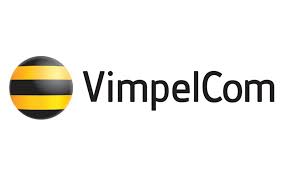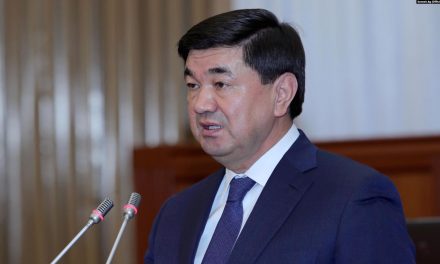3 March 2016
VimpelCom Ltd., a global telecommunications services provider, has agreed to pay a fine of $795 million to US and Dutch authorities. It was charged with violations of foreign anti-corruption statutes including the Foreign Corrupt Practices Act (FCPA).
VimpelCom Ltd., established in Russia, has its headquarters currently in Amsterdam. VimpelCom has a class of securities listed on NASDAQ.
US Securities and Exchange Commission (SEC) alleged that VimpelCom bribed government official related to the President of Uzbekistan in order to gain an unfair advantage in the Uzbek telecommunications market.
The officials with connections to the President of Uzbekistan formed a shell company. VimpelCom paid $2million in 2006 as consulting fees to this shell company. In 2007 the shell company acquired a 33.3% interest in a holding company for the Uzbek telecommunications business of VimpelCom in exchange for $20 million. The acquisition was with a put option which allowed the shell company to sell the interest back to VimpelCom in 2009 for a minimum price of $57.5 million. When the option was exercised the shell company got a return of nearly 200% over the initial sale price in about 27 months. This sort of practices was followed by VimpelCom from 2006 to 2012. During this period VimpelCom paid more than $114 million to the same officials through the shell company. By these means VimpelCom was able to obtain 3G and 4G licences to its advantage. VimpelCom made more than $2.5 million in sales during this period. SEC also found that the expenses were not properly classified in the books of the company. VimpelCom did not have any internal controls to prevent bribery.
As part of the global settlement, VimpelCom will pay $167.5 million to the SEC, $230.1 million to the Department Of Justice (DOJ) (totalling $397.6 million) and another $397.5 million to the Public Prosecution Service of the Netherlands.
Qualcom, a chip maker, has agreed to pay $7.5 million in settlement of charges under FCPA without admitting or denying charges. SEC found that Qualcom provided gifts, travel and entertainment to the relatives of telecommunications officials in China. Qualcom misrepresented these expenses in its own accounts.
Qualcom arranged internship for the daughter of an official who was studying in the US. In another case Qualcom paid $75,000 to a university so that it could provide scholarship to the son of a Chinese telecom official. As a result of this the son could continue his Ph.D. program and renew his student visa. The company subsequently hired the official’s son as an intern and later made him a permanent employee. He was later sent on a business trip to China, so that he could visit his parents over the Chinese New Year.
Qualcom in a statement said that it had put the matter behind and is now committed to ethical conduct and compliance with all laws and regulations. It would continue to be vigilant about FCPA compliance.
Qualcomm has previously had regulatory problems in China. In February last year it had agreed to pay a fine of about $975 million as part of a broader settlement with China’s National Development and Reform Commission, which was investigating Qualcomm under the country’s anti-monopoly law.
Many countries are either unwilling or not capable of maintaining a clean government. As a result, bribery and corruption go unchecked. FCPA goes a long way in cleaning up the systems in these counties. It is hoped that these countries will learn from the FCPA to keep their country clean even if the officials are tempted by foreign companies.















